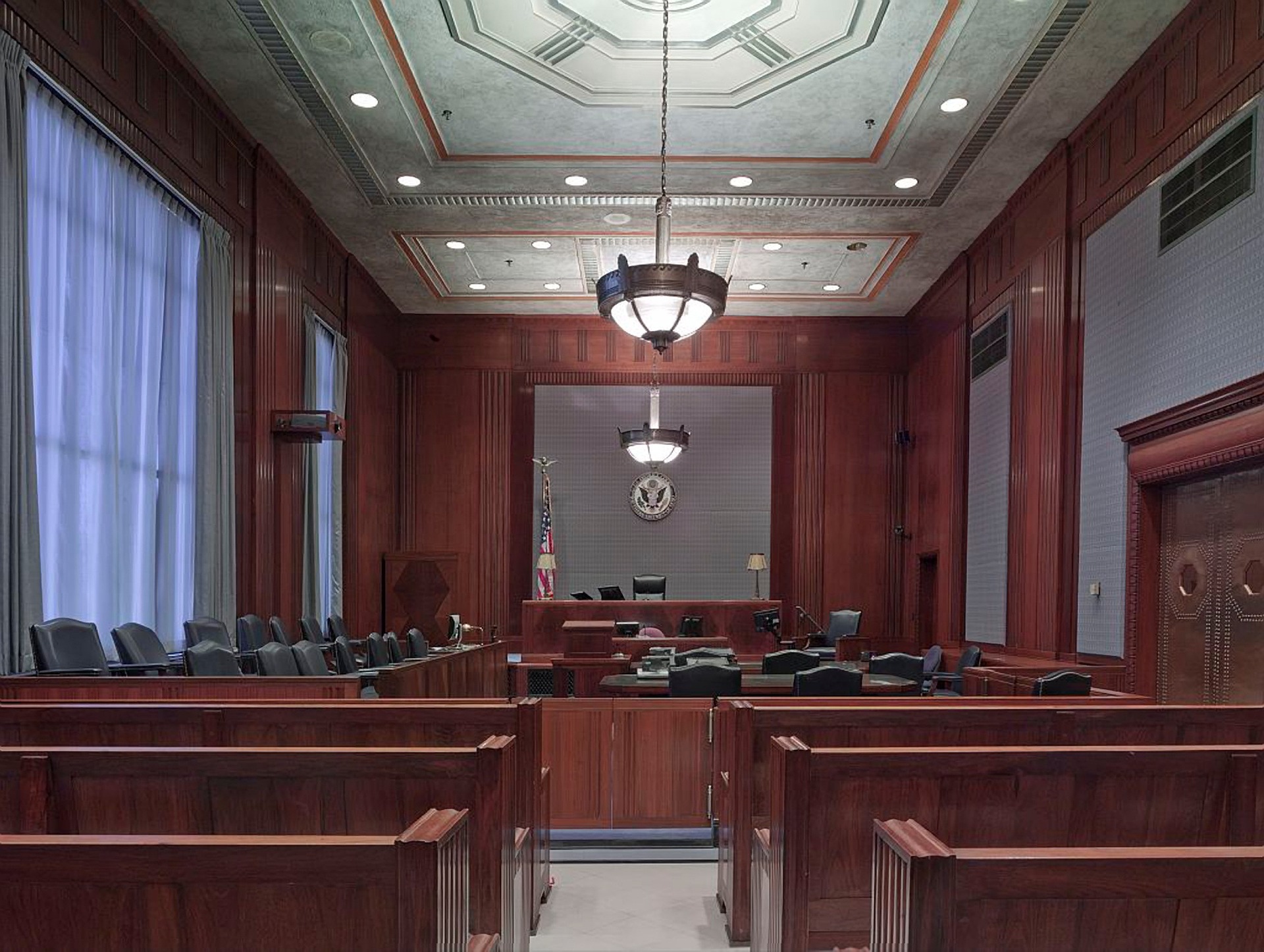The Intersection of Climate Change and Law: A Growing Legal Landscape
A new legal landscape is emerging at the intersection of climate change and law. As the world grapples with the effects of climate change, legal systems worldwide are being pushed to evolve and respond. This article unravels the complexity of this growing area, discussing its historical context, current developments, and social implications.

Historical Context: The Emergence of Environmental Law
The legal response to climate change can be traced back to the emergence of environmental law in the 1960s and 70s. Governments started recognizing the need for regulations to control pollution, conserve natural resources, and safeguard biodiversity. The creation of the Environmental Protection Agency (EPA) in the United States in 1970 marked a significant step in this direction. Similar agencies were established around the world, setting the foundation for a legal response to environmental challenges.
Climate Change Law: A New Legal Frontier
In recent decades, a more specific branch of law has emerged: climate change law. This legal frontier intersects environmental, energy, and international law, focusing on the regulation of greenhouse gas emissions and the implementation of adaptation measures. The Kyoto Protocol of 1997 and the Paris Agreement of 2015 are notable international legal instruments addressing climate change.
Current Developments: Courts as Climate Actors
A growing trend in climate change law is the increasing role of courts as climate actors. Legal cases relating to climate change have been brought before courts in various countries. For instance, in 2019, the Dutch Supreme Court upheld a ruling in the Urgenda case that the government must reduce greenhouse gas emissions by at least 25% by the end of 2020 compared to 1990 levels. This landmark case demonstrates how courts can enforce government accountability in addressing climate change.
Climate Change Law and Human Rights
Another significant development in climate change law is the recognition of the link between climate change and human rights. In 2020, the United Nations Human Rights Committee ruled that countries cannot deport people who face climate change-induced conditions that violate the right to life. This ruling signifies a shift in understanding climate change not just as an environmental issue, but as a human rights issue.
Implications and Impact on Society
Climate change law has profound implications for society. It has the potential to change governmental and corporate behavior, promote sustainable practices, and protect vulnerable communities. However, it also faces challenges, such as the need for international cooperation, the enforcement of legal obligations, and the integration of scientific knowledge into legal decision-making.
In conclusion, climate change law represents a crucial and growing aspect of the legal landscape. It is a field that will continue to evolve and expand in response to the escalating climate crisis. As such, it demands our attention, understanding, and scrutiny.




